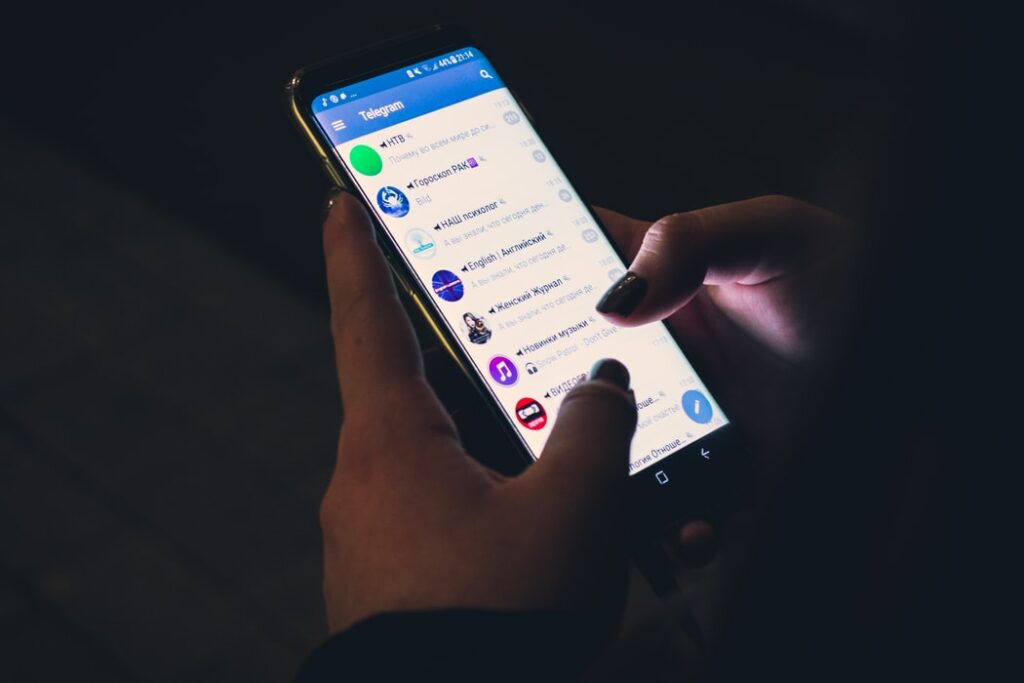Need a Messaging App? Here are Your Options
If you type in “Messaging app” on Google Play Store, you will have access to hundreds of options such as WeChat, Snapchat, WhatsApp, among others. All these apps are in a race to be the best in terms of downloads and usage. And because most stock messaging apps come pre-installed on devices, they hardly offer the best messaging experience. This is why individuals and businesses tend to look out on app stores for more multifunctional and better messaging apps.
But why should you check out for a messaging app? There are a few reasons why you might opt for a messaging app as opposed to the traditional pre-installed ones. First off, messaging apps are great at chatting with people abroad as they offer a cheap alternative to calling. Secondly, messaging apps can be utilized in coordinating co-workers both on and off duty as you can send documents or make video calls. And for distributed workforces, messaging apps can help people keep in touch even in different time zones.
With that in mind, nothing should stop you from installing a messaging app on your computer or smartphone. And while there are hundreds of those out there, here is a compilation of your best options if you need a messaging app.
WhatsApp, with a couple of billion users worldwide every month, is perhaps the most widely used messaging app. It supports audio, text, pictures, and video messaging. WhatsApp and WhatsApp Web are designed for smartphones, tablets, and computers to allow you to send text messages, make video calls, and share files. And according to Alrigh, a site that tracks the evolution of WhatsApp tricks and its cool customizable features, most people are oblivious of what they might be missing. WhatsApp tricks let you customize virtually every aspect of the app.
And that’s not all. WhatsApp constantly rolls out new features, tricks, and customizations that resonate with the changing needs of users. And with its essential tips, the app remains the all-time top-ranking messaging app.
Notable features
- WhatsApp group messaging supports up to 250 users.
- Can send files as large as 100 MB.
- Contains zero ads.
- Supports end-to-end encryption.
Viber
In terms of the general features, Viber is quite similar to WhatsApp, but it supports additional features such as in-app GIFs, stickers, and a built-in QR code scanner. The app supports calls regardless of location, not to mention the limitless public channels and communities that you can join. Unlike WhatsApp, Viber groups and channels can support unlimited members.
Notable features
- You can send money via the app.
- It has built-in extensions that allow sharing of music and videos via live chat.
- You can include stickers and GIFs.
Snapchat
With Snapchat, you can send multimedia communication that self-destructs after a period of time as predetermined by the sender. And like Viber, Snapchat lets you send or receive money using the Snapcash feature. You can also send messages with or without pictures. The app supports a variety of Bitmojis that makes it one of the most popular to date.
Notable features
- It has an easy interface that lets you send unlimited videos and pictures.
- You can edit or add graphic effects to your images.
Telegram
Telegram is a cloud-based messaging app that can be accessed from all devices. With its cloud integration, the app allows you to view and edit messages even after sending them. Moreover, you can share files, mute notifications, and share your location.
Notable features
- The app is quite customizable with amazing themes.
- The app has massive stickers and allows free downloads.
- You can reply to specific messages within a thread.
Google Hangouts
This app supports text messaging, phone calls, and video calls between users with active Google accounts. The app lets you have private as well as group conversations. Moreover, you can share photos, attachments, files, stickers, and emojis.
Notable features
- The app has your Google account integration.
- Has video calls that support up to 10 users.
SMS marketing is a huge industry with hundreds of messaging applications that are always competing on the front of user experience. And while some are great for use with large corporations, others are ideal for use with small and medium enterprises that have a more personalized relationship with their employees or customers. Most SMS messaging apps are designed for large companies that send thousands of messages to clients every day in their marketing efforts. Overall, a good SMS app should be easy to use, should be capable of two-way messaging, and should be able to integrate with other apps and services.







No Comments